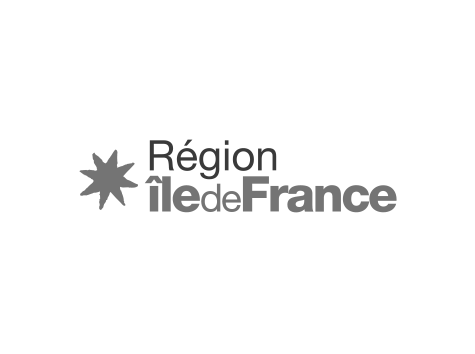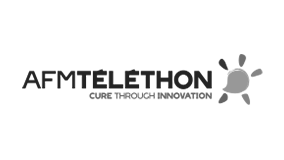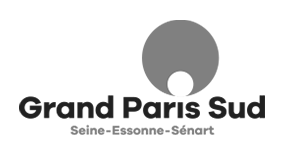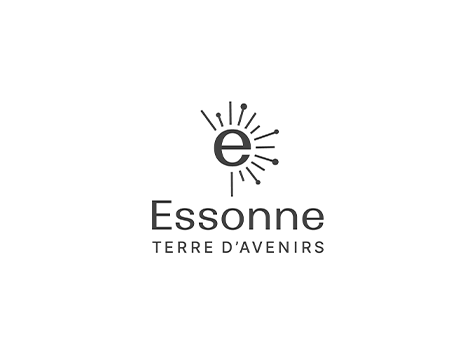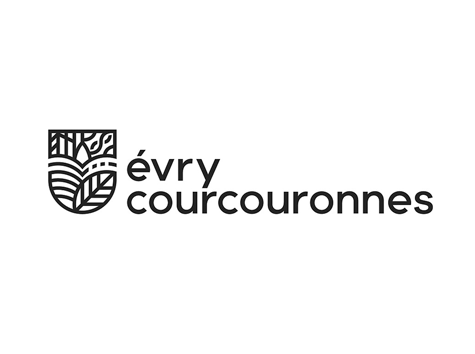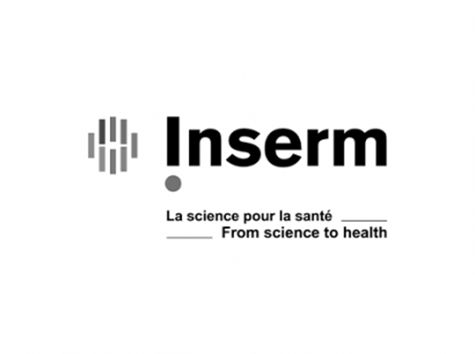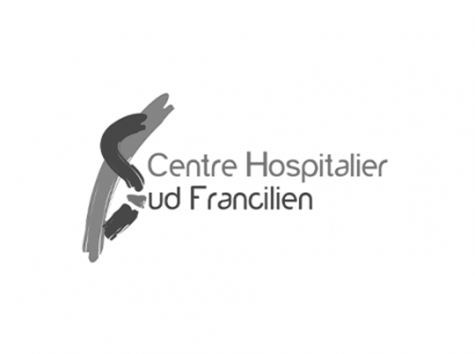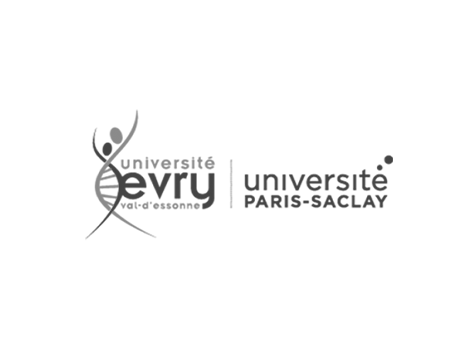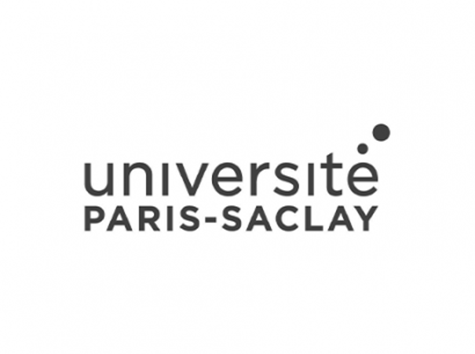A propos
Genopole et ses partenaires institutionnels lancent la 5e session de l’école thématique « Bioinformatique et biostatistiques pour la génomique en santé »
Cette formation est dédiée aux chercheurs, ingénieurs et doctorants et dispensée en anglais par des experts internationaux de la génomique.
Les points forts de la formation :
- Des sessions de formation pratiques aux outils d’analyse génomique
- Des experts des grands centres nationaux et internationaux (Université d’Evry – Paris-Saclay, Inrae, CEA, CNRS, Université du Luxembourg, EMBL-EBI)
- Format résidentiel tout inclus dans un cadre accueillant et propice au networking
- Effectif limité à 15 participants pour une qualité optimale des sessions pratiques
- Formation éligible à la prise en charge employeurs ou OPCO
* Les participants doivent apporter leur ordinateur
La formation se déroule du lundi 21 novembre à 14:00 au jeudi 24 novembre.
L’hébergement n’est pas possible le week-end, le campus de Chateauform étant fermé.
Tarification et inscription :
- Secteur académique : 750€ HT
- Secteur privé : 950€ HT
La tarification comprend les sessions de formation, l’hébergements et les repas du 21 au 24 novembre 2022.
L’hébergement est en chambre simple.
Cependant, il pourrait se faire en chambre double en fonction des disponibilités et pour les inscriptions tardives.
Cette formation est éligible à la prise en charge employeurs ou OPCO, à cet effet, le service de la formation continue de l’Université d’Evry Paris-Saclay vous contactera afin d’établir un contrat de formation.
Intervenants & Programme
Programme
Monday, November 21 – 14:00 – 17:00
Topic : Bioinformatics tools for non-coding RNAs – Introduction to nc-RNA analysis on EvryRNA(Part 1/2)
Fariza TAHI & Guillaume POSTIC, Université d’Evry Paris-Saclay
Tuesday, November 22 – 9:00 – 12:30
Topic : Bioinformatics tools for non-coding RNAs – Introduction to nc-RNA analysis on EvryRNA(Part 2/2)
Fariza TAHI & Guillaume POSTIC, Université d’Evry Paris-Saclay
Tuesday, November 22 – 14:00 – 18:00
Topic : Session Reproducible ManuscriptsRoland KRAUSE, University of Luxembourg
Wednesday, November 23 – 9:00 – 12:30
Trainees session: participants are invited to present their researchWednesday, November 23 – 14:00 – 18:00
Topic : “GALAXY: Quality control, alignment and variant calling”Valentin LOUX, INRAE – MaIAGE laboratory
Thursday, November 24 – 9:00 – 12:30
Topic : An introduction to browsing genes and genomes with Ensembl (part 1/2)Aleena MUSHTAQ, EMBL-EBI
Thursday, November 24 – 14:00 – 18:00
Topic : An introduction to browsing genes and genomes with Ensembl (part 1/2)Aleena MUSHTAQ, EMBL-EBI
Roland KRAUSE
University of Luxembourg
Topic: Session Reproducible Manuscripts
After we have collected precious samples, conducted costly experiments and spent years of CPU time to analyse them with bioinformatics pipelines we type up the results. In the long process of writing the manuscript, we identify mistakes, rerun parts of the analysis and change the document after comments from collaborators and reviewers. In that writing process we often lose the connection to the data.
In this session I will show how to make the process easier by intersecting text and analysis code such that each number and every figure can be traced back to where it was computed and still receiving a Word file out at the end.
CV: Dr Roland Krause received his PhD from the University of Heidelberg for the analysis of protein complexes in yeast. After his postdoctoral training at the Max Planck Institute for Molecular Genetics in Berlin he joined the Luxembourg Centre for Systems Biomedicine, a interdisciplinary centre of the University of Luxembourg in 2012.
His research is focussed on the bioinformatics of epilepsy and other neurological conditions, mostly in larger consortia on genetics.
He is the Training Coordinator of the Luxembourgish node of the research infrastructure ELIXIR.
Valentin LOUX
INRAE – MaIAGE laboratory
Topic: GALAXY – Quality control, alignment and variant calling
Galaxy aims to give biology researchers access to bioinformatics without requiring programming knowledge. To do this, Galaxy has a simple user interface that allows complex processing processes to be implemented. This choice makes it relatively easy to set up traditional analyses. This tutorial aims to familiarize you with the Galaxy user interface. It will teach you how to perform basic tasks such as importing data, running tools, working with histories, creating workflows, and sharing your work.
CV: Valentin Loux is head of the INRA Migale bioinformatics research facility, part of the MaiAGE laboratory. The Migale bioinformatics platform provides storage, computational resources and standard bioinformatics analyses pipelines and software for sequence analyses. Valentin Loux has an established expertise in the analysis of large scale metagenomics projects, and annotation of bacterial genomes.
Aleena MUSHTAQ
EMBL-EBI
Topic : An introduction to browsing genes and genomes with Ensembl
The Ensembl Browser workshop is an introductory workshop aimed at wet-lab scientists and bioinformaticians who are new to using Ensembl. This workshop is also suitable for scientists who are familiar with Ensembl, but would like to refresh their knowledge and learn more about Ensembl. The workshop will cover accessing data using the Ensembl genome browser web-interface.
By the end of the course, participants will be able to:
- Navigate Ensembl using the web browser platform
- Access main data types in Ensembl: genomes, genes, and genetic variation
- Annotate your own variant data with the Variant Effect Predictor (VEP)
- Mine Ensembl data using BioMart
CV: Aleena MUSHTAQ completed his MSc at King’s College London in Biomedical and Molecular Sciences Research. His MSc research project led her to pursue a PhD at the Quadram Institute UK in the field of Molecular Biology. For his doctorate, she studied the dynamic relationship of host and microbiota in the gut-liver axis in response to Western diets. She joined EMBL-EBI as an Ensembl Outreach Officer in 2021 and deliver training on Ensembl resources.
Fariza TAHI & Guillaume POSTIC
Université d’Evry Paris-Saclay
Topic : Bioinformatics tools for non-coding RNAs
EvryRNA platform is a web server providing various algorithms and bioinformatics tools developed in the laboratory IBISC of UEVE/Genopole, and dedicated to the prediction and the analysis of non-coding RNAs (ncRNAs). These RNAs are regulators of gene expression control and genome stability. They are involved in different biological processes, and some of them, including microRNAs, are known to be involved in many diseases such as cancer and neurodegenerative diseases. Their study provides insight into how living organisms function, including differentiation and cell proliferation, but also to consider new therapeutic approaches for genetic diseases and cancer.
CV: Fariza Tahi is an associate professor at University of Evry, Paris-Saclay. She is a member of IBISC (Informatics, Bioinformatics and Complex Systems) laboratory, in AROBAS team (Algorithmic, Operational Research, Bioinformatics and Statistical Learning). She is the head of the Master 2 GENIOMHE (Genomics, Informatics and Mathematics for Health and Environment), an international master operated in Evry. This master, which is one of the two specialities of the Master Bioinformatics of Paris-Saclay, is oriented genomics and Big data for personalized medicine.
Fariza Tahi research work is mainly related to RNA Bioinformatics. She is interested by the development of original methods for predicting the structure of RNA, and for identifying and analysing non-coding RNAs from genomic and transcriptomic sequences. The different tools are made available to the scientific community via the software platform EvryRNA (), many of them as web servers.
CV: Guillaume POSTIC has been a Lecturer at the University of Évry – Paris Saclay since September 1, 2021.
From 2008 to 2011, Guillaume POSTIC’s Master’s and PhD studies focused on the experimental study of non-coding bacterial RNA at the Institut Pasteur and then at the Necker Faculty of Medicine.
He subsequently completed three postdoctoral fellowships in bioinformatics at the University of Paris (Diderot) and Sorbonne University. During this period, he developed and published various algorithms and databases dedicated to the analysis and prediction of the 3D structure of proteins. In parallel with his research activities, he also taught bioinformatics, notably in 2020 and 2021, as ATER at the University of Paris.
Within the AROB@S team, Guillaume POSTIC works on on non-coding RNAs, in particular on their three-dimensional structures.
Hébergement
Tous les participants seront hébergés sur le campus des Berges de Seine à Seine-Port.
Adresse :
Campus des Berges de Seine
1 route de Beaulieu (D39)
77240 Seine-Port
Pour plus d’information: http://www.chateauform.com/
En train, Prendre le RER-D direction Melun via Corbeil, puis de descendre à la station « Ponthierry-Pringy ».















